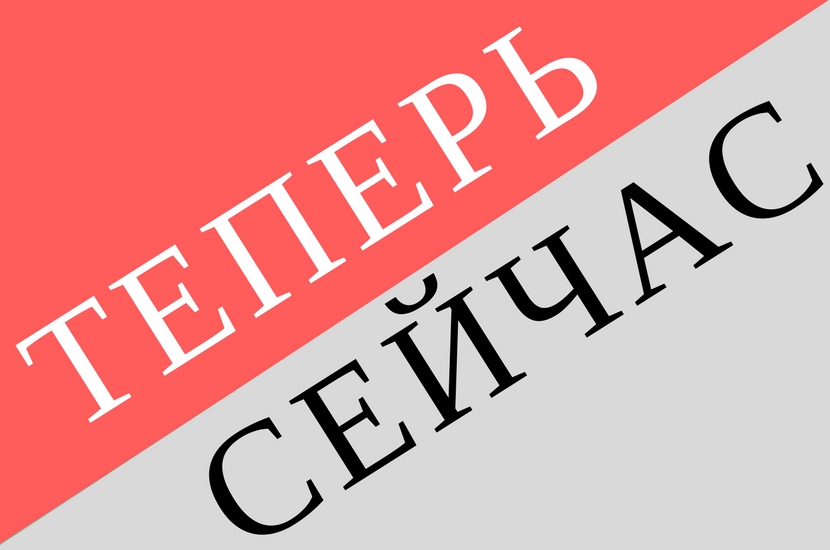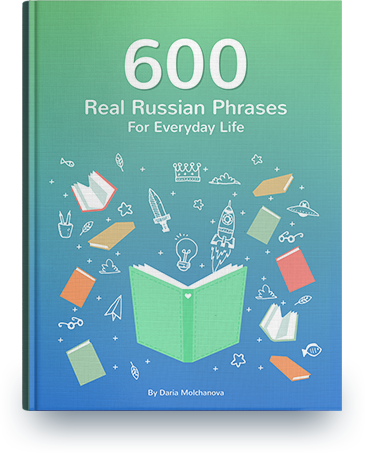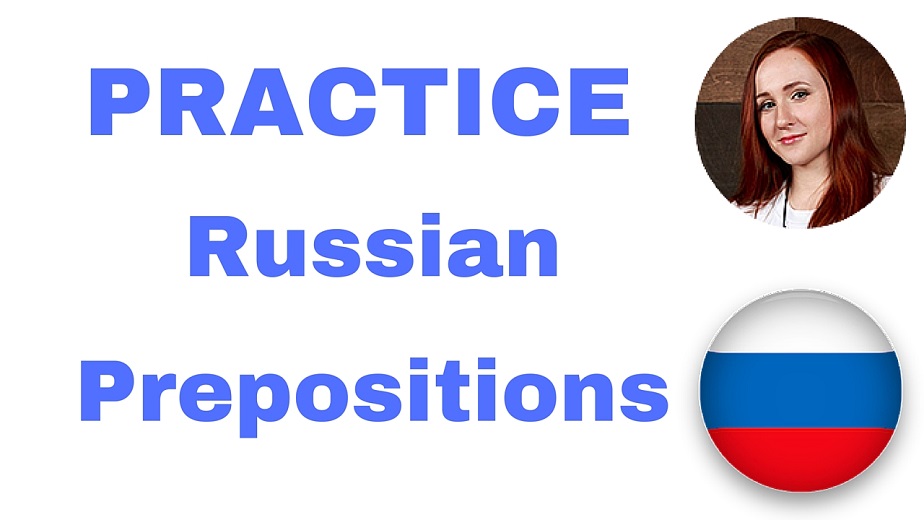
Difference between ТЕПЕРЬ and СЕЙЧАС
Many students ask me: “What is the difference between Russian words ТЕПЕРЬ and СЕЙЧАС? And how to use them properly?”
Sometimes it really can be rather confusing, but most of the time it’s all about a couple simple rules.
СЕЙЧАС has several meanings:
– something happens on a daily basis (similar to Present Simple in English)
Examples:
Я сейчас живу в Москве – I live in Moscow now
Он сейчас работает в школе – He works at school now
Мы сейчас экономим – We are economizing
– something is happening right now
Examples:
Я сейчас читаю – I’m reading now
Он сейчас спит – He’s sleeping now
Мы сейчас на работе – We’re at work now
– something happened a short time ago
Examples:
Я сейчас был в магазине – I’ve been in the store (maybe half an hour ago)
Он сейчас встретил друга – He has just met a friend
Мы сейчас нашли деньги – We have found money just now
– something will happen very soon
Examples:
Сейчас начнётся шоу – The show is about to start
Сейчас он вернётся – He’ll be back right away
Сейчас мы пойдём в школу – We’re about to go to school now
ТЕПЕРЬ always shows some change, some before and after aspect.
– something is different now (not as it used to be in the past)
Examples:
Я теперь живу в Англии – I live in England now (it means that he used to live in another country)
Она теперь актриса – She’s an actress now (means she had a different profession in the past)
Он теперь веган – He is a vegan now (he used to eat meat before)
– something happens as a result of something
Examples:
Я съела гамбургер, теперь у меня болит живот – I ate a hamburger, now my stomach hurts
Он забыл зонт, теперь он мокрый – He forgot the umbrella, now he’s wet
Мы не услышали будильник, теперь мы опоздали – We didn’t hear the alarm clock, now we’re late
That’s it for today! Try to make your own examples to remember the meaning deeper.



